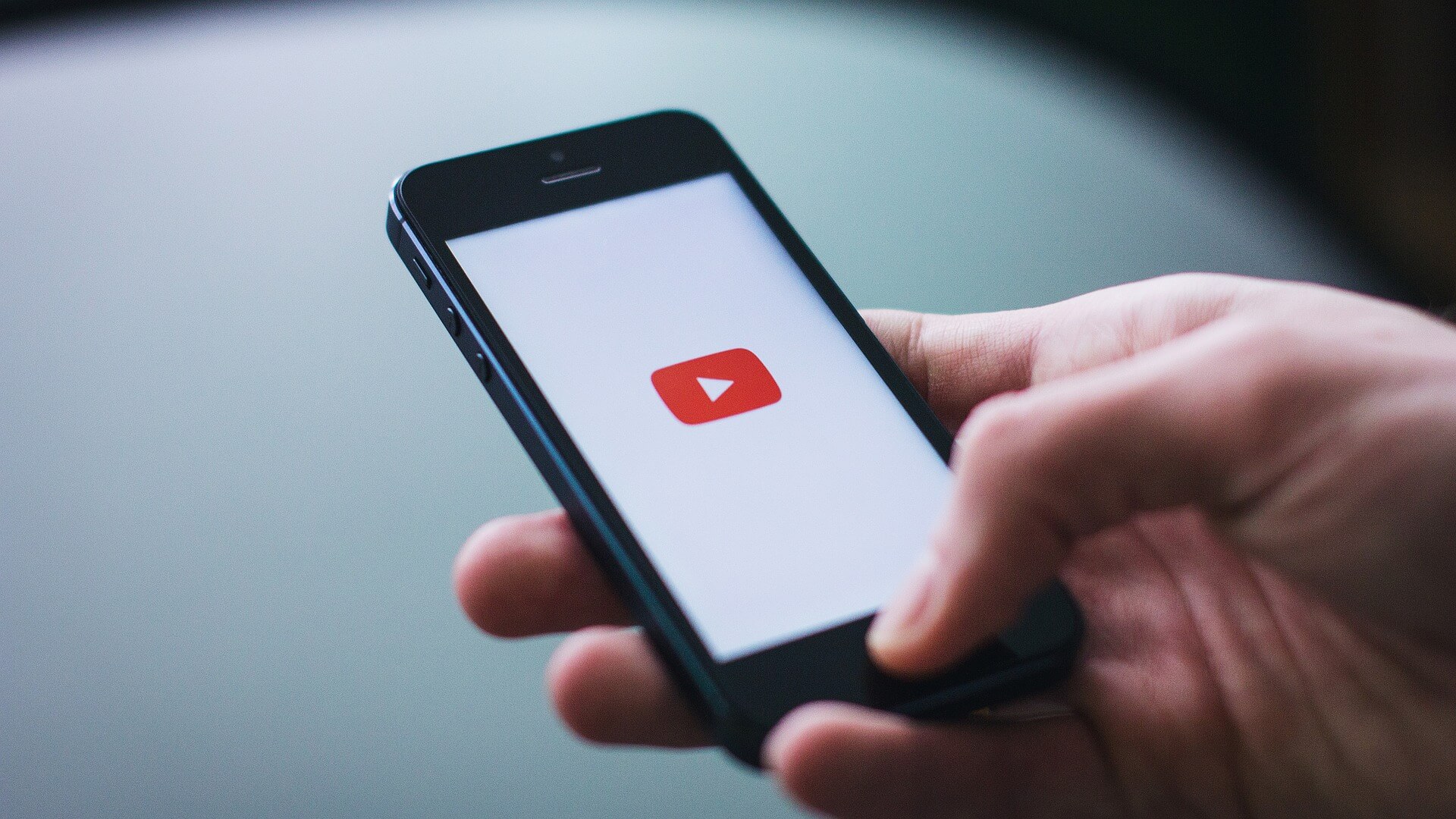One of the biggest spreaders of anti-vaccine content has lost their lawsuit against YouTube this week.
A well-known anti-vaxx activist, Joseph Mercola, had sued YouTube in the attempt to convince the platform to reinstate the videos it removed.
It was a fool’s errand, as most people know it’s impossible to convince a social platform to reverse course, especially in cut-and-dry cases like disinformation, but Mercola still sued.
According to him, he found out from a Washington Post article that YouTube was planning to ban his content and, 6 minutes after the piece was published, his channels were banned, effective immediately.
In the suit, Mercola said that he “carefully avoided posting any content that mentioned Covid-19 vaccines or discussed the Covid-19 outbreak in a manner that YouTube might determine was out of line with official government positions on Covid-19.” He claims that YouTube failed to let him access his own content, profited from it by retaining it, and did not provide “advance notice of the vaccine-misinformation policy before terminating the channel and account.”
His arguments were swiftly rejected by judge Laurel Beeler, who sided with YouTube by saying the platform is entitled to ban any YouTube channel.
Beeler wrote that “YouTube had the discretion to terminate channels without warning after a single case of severe abuse.
Under the contract, this determination was discretionary: the contract said that ‘[i]f we reasonably believe that any Content is in breach of this agreement or may cause harm… we may remove or take down that Content in our discretion.”
Who are the Disinformation Dozen?
Joseph Mercola is part of the so-called “disinformation dozen”, with some calling him a key figure of the anti-vaccine movement. The New York Times dedicated a documentary for him in 2022 titled “Superspreader”.
For those unfamiliar with the term “disinformation dozen”, it refers to a report from 2021, which found that just 12 people produced 65% of all the online content about anti-vaccination.
The Center for Countering Digital Hate, who released the report, named Mercola first in their Disinformation Dozen, followed by Robert F. Kennedy, Jr., Ty and Charlene Bollinger, Sherri Tenpenny, Rizza Islam, Rashid Buttar, Erin Elizabeth, Sayer Ji, Kelly Brogan, Christiane Northrup, Ben Tapper and Kevin Jenkins.
The report called to deplatform the “influencers” and they were banned from most social media sites. So far, only Mercola seems to have sued a platform to get his content reinstated.
Also read: What Deepfakes Can Do: The Best Videos And the Deepfake Apps Changing Reality
Follow TechTheLead on Google News to get the news first.





















